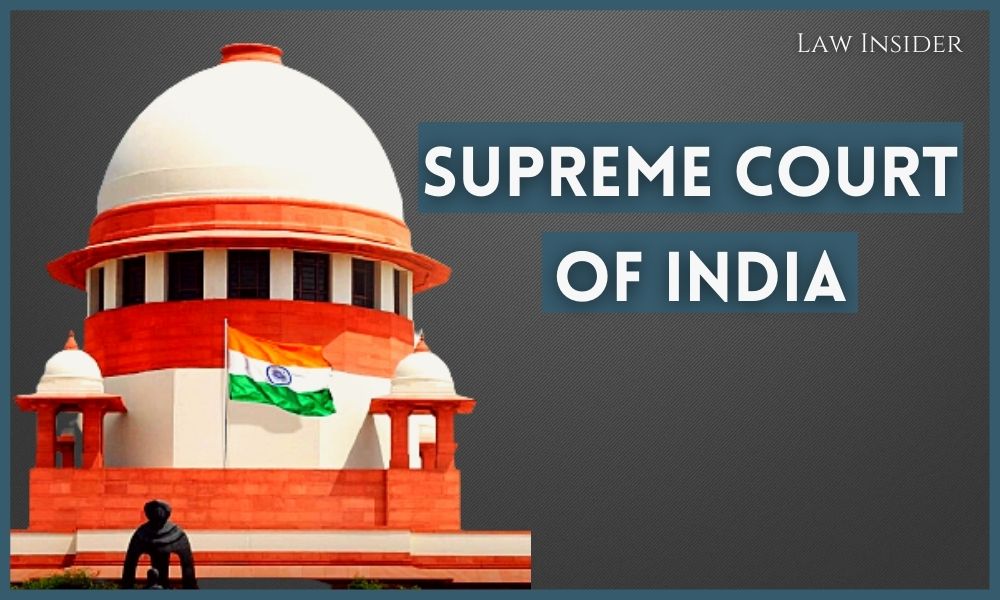Nishka Srinivas Veluvali
Published On: February 01, 2022 at 15:59 IST
The Supreme Court observed that the remedies provided under the Article 226 of the Constitution to intervene when any Disciplinary Authority’s discovery are malafide or unreasonable.
The Bench consisting of Justice KM Joseph and S Ravindra Bhat was hearing the Civil Appeal challenging the Calcutta High Court’s Judgement of December 16, 2008.
In the impugned Judgement, the Division Bench had put aside the Single Judge’ decision of quashing the Respondent’s challenge to his removal from the bank.
The Bench while quashing the Appeal stated that,
“The bank is correct, when it contends that an appellate review of the materials and findings cannot ordinarily be undertaken, in proceedings under Article 226 of the Constitution.”
“Yet, from H.C. Goel onwards, this court has consistently ruled that where the findings of the disciplinary authority are not based on evidence, or based on a consideration of irrelevant material, or ignoring relevant material, are mala fide, or where the findings are perverse or such that they could not have been rendered by any reasonable person placed in like circumstances, the remedies under Article 226 of the Constitution are available, and intervention, warranted”.
“For any court to ascertain if any findings were beyond the record (i.e., no evidence) or based on any irrelevant or extraneous factors, or by ignoring material evidence, necessarily some amount of scrutiny is necessary. A finding of “no evidence” or perversity, cannot be rendered sans such basic scrutiny of the materials, and the findings of the disciplinary authority. However, the margin of appreciation of the court under Article 226 of the Constitution would be different; it is not appellate in character.”
The Respondent was appointed as the cashier cum clerk by the United bank on January 18, 1971 and was later promoted to Junior Management Officer Scale – 1.
The Respondent had served from December 14, 1988 to May 30, 1990 as the Branch Manager but on October 23, 1997 Disciplinary Proceedings were commenced against him by the Bank for 5 major charges.
The Bank charged him for disbursing loan in favour of 12 fictitious persons linked to the Integrated Rural Development Project and not recording the appropriate subsidy amount in the Bank registry along with deliberate support to misplace some relevant paper in connivance with other employee.
The Bank upon completing the Disciplinary enquiry and on the grounds of the reports submitted by the Enquiry Officer, the Disciplinary Authority, the Respondent was discharged of his duties on October 7, 2002.
The Respondent appealed against the termination Order which was quashed on April 28, 2003.
The Division bench had considered the Appeal and put aside the Order of dismissal, however, the Calcutta High Court and now the Supreme Court have inferred that this Appeal is unmerited and thus dismissed the Appeal filed.
Also Read- What are the different types of Writs?

